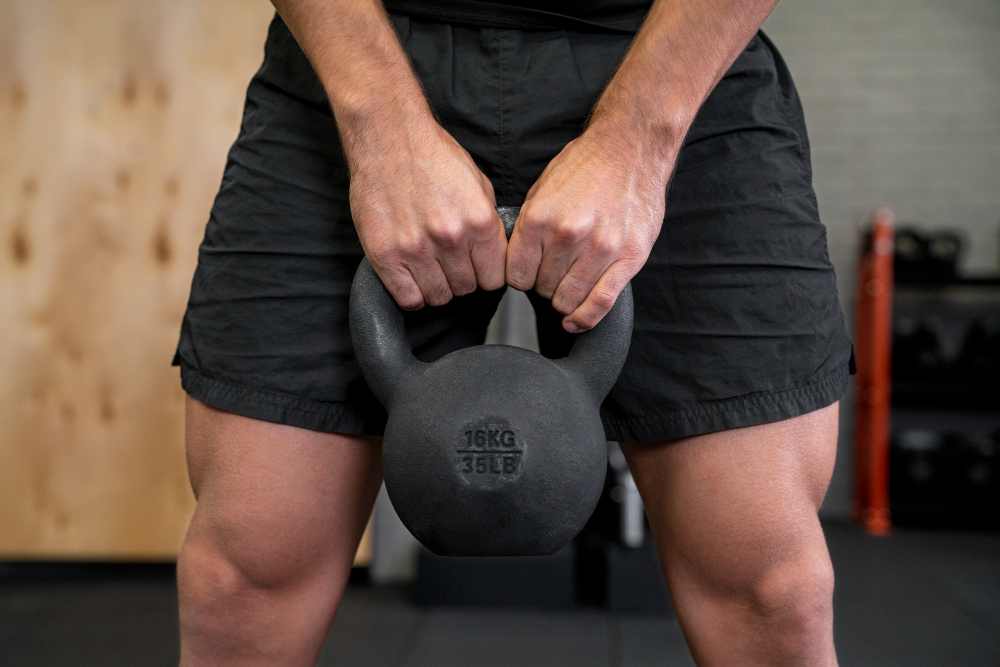After undergoing bariatric bypass surgery, your life begins to change dramatically. While the surgery helps reduce excess weight, maintaining long-term success means focusing on rebuilding muscle mass. Why is muscle important? It boosts your metabolism, improves physical strength, and plays a key role in keeping the weight off in the long run.
So, what can you do to regain and build muscle safely and effectively? Let’s walk through some essential steps.
Why muscle loss occurs after bariatric surgery
Bariatric surgery helps you lose weight by limiting your food intake, but it can also reduce muscle mass if you’re not careful. The body sometimes breaks down muscle for energy when there’s a significant drop in calorie intake, which can negatively impact your metabolism. Muscle burns more calories than fat, even at rest, so keeping or rebuilding it is crucial to sustaining your weight loss.
Starting with strength training
One of the most effective ways to rebuild muscle is through strength training. Think of this as any exercise that makes your muscles work harder than they’re used to like lifting weights, using resistance bands, or even doing exercises that use your own body weight, like squats or push-ups.
When you’re new to exercising after surgery, it’s important to ease into it. Start slow with light weights or low resistance, focusing on major muscle groups like your arms, legs, and back. Gradually increase the weight or resistance as you get stronger. Aiming for two to three strength training sessions a week is a great starting point.
Pro Tip: Focus on form, not speed. It’s better to lift lighter weights with good form than heavier weights incorrectly, which could lead to injury.
Fueling your body with the right nutrients
Building muscle isn’t just about exercise. Your body needs the right fuel, especially protein, to repair and grow muscles. After surgery, your stomach size is reduced, so you’ll need to make sure the foods you eat are nutrient-dense.
You should aim for 60 to 80 grams of protein a day. Since your stomach can’t hold large amounts of food, try spreading protein intake throughout the day. Lean meats, eggs, fish, and low-fat dairy products are excellent options. If getting enough protein is challenging, consider adding supplements like protein shakes or bars to your daily routine.
Varying your workout routine

Don’t forget about activities like yoga or Pilates to improve flexibility, which is important for preventing injuries and supporting muscle growth.
Consistency and patience are key
Muscle building is not an overnight process, especially after major surgery. It’s important to stay consistent with your workout routine and to be patient with yourself. Set small, achievable goals. Whether that’s increasing the number of reps you can do or gradually lifting heavier weights, these milestones will keep you motivated.
Keep in mind, you didn’t lose the weight overnight, and you won’t rebuild muscle overnight either. But with steady effort, you’ll start seeing improvements in your strength and endurance.
Seeking professional guidance
If you’re unsure how to begin or want additional support, consider working with a personal trainer who specializes in post-surgical fitness. They can help design a workout plan tailored to your needs and ensure you’re performing exercises safely and effectively. Even if you don’t have access to a trainer, consider joining group fitness classes or online communities for added motivation and accountability.
Stay in touch with your doctor
It’s essential to regularly check in with your doctor during your recovery. They’ll monitor your overall progress, make sure you’re hitting your nutritional needs, and ensure that your body is responding well to physical activity. If something doesn’t feel right whether it’s fatigue, soreness, or a lack of progress don’t hesitate to reach out to your healthcare team.
By focusing on strength training, proper nutrition, variety in exercise, and professional guidance, you can successfully rebuild muscle after bariatric surgery. This journey is about more than just weight loss it’s about regaining your strength and ensuring long-term health.






